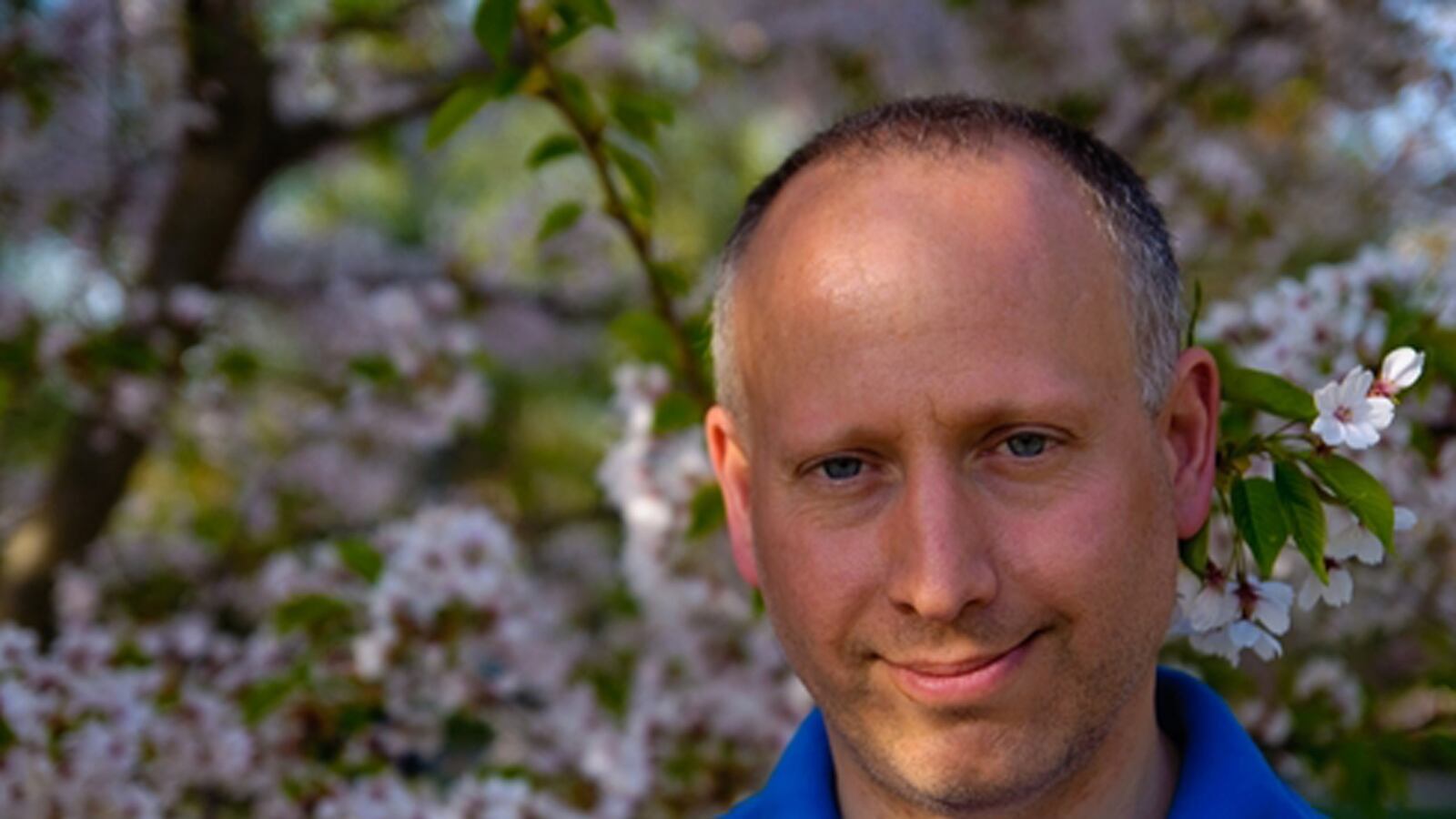MOSCOW, Russia — For a while it looked like just another day of reporting. The BBC television crew interviewed Konstantin Kuzmin’s family in the southern Russian city of Astrakhan about the last day they saw him at home. The correspondent, Steven Rosenberg, spoke with Kuzmin’s sister about her brother’s death fighting in Ukraine. She wondered who should be responsible for it, if Russian authorities denied sending the army to Ukraine.
A few hours later, after the journalists finished their lunch and were walking toward their car, three men wearing civilian clothes attacked the BBC cameraman, beat him up, grabbed the camera from the reporter’s hands, smashed it on the ground and quickly drove away with it.
Clearly somebody hates journalists who ask questions about the Russian army fighting in Ukraine, and not only in Astrakhan. Reporters have suffered a series of attacks over the last few weeks. Russian journalists Vladimir Romensky from the independent Dozhd TV channel and Ilya Vasyunin from Russkaya Planeta were assaulted while covering secret funerals of Russian paratroopers in Pskov.
Did the attack stop other journalists from reporting stories about Russian military killed in Ukraine? Or did it make Russian viewers forget about the issue? “The attack on the reporters made the news about the funeral even hotter and attracted even more viewers,” the director of Dozhd TV, Mikhail Zygar, told The Daily Beast on Thursday. After the attack on the BBC crew on Tuesday, the journalists spent the rest of their day at the Astrakhan hospital waiting for their colleague to get x-rays and medical assistance; and then at a local police station, where the crew went to complain about the incident.
For some reason it took police over four hours to put down all the details about the attack, and by the time the crew was done and returned to the car, somebody had searched through their equipment. The hard drive on a BBC laptop was erased and memory cards were wiped clean. Whoever did it apparently hoped the story of Kuzmin and his death in Ukraine would never become public. Little the criminals knew about the professionalism of journalists. The crewmembers had another copy of their material and were able to air the story in spite of the violent attack.
The proof of Russian army presence in Ukraine is a sensitive subject, the BBC report said on Thursday. But as a researcher with the Committee to Protect Journalists (CPJ), Muzaffar Suleymanov, tells The Daily Beast, “authorities have to make sure that journalists feel safe to cover all news in Russia.” Clearly that is not the case. “Our organization counted five attacks on reporters in Russia in August,” says Suleymanov. “That is unacceptable. We call for the Russian authorities to stop violence against reporters.”
According to the CPJ, as many as 56 journalists have been killed in Russia since 1992 and hundreds have been attacked all across the country. “This is pure evil, a crime,” says Vadim Dengin, member of parliament responsible for information policy. “The attack on the BBC was humiliating. Nobody has any right to express their disagreement with the company this way. The attackers must be punished.”
Of course, physical intimidation is not the only way to discourage unwanted reporting. Dengin favors other means: earlier this week he initiated legislation that would cut the foreign share in the ownership of media companies down to 20 per cent. Next week the Duma will vote for the new law. If it passes, it would shutter some important independent media, including one of the most respected newspapers in Russia, Vedomosti, which is owned by Dow Jones, the Financial Times and Sanoma, the publishers of the English-language Moscow Times.
Critics see the new law as another assault on press freedom, but Dengin disagrees. “Information rules the world, so we should not allow foreign influence on our public opinion,” Dengin said.
What Russian authorities should really pay attention to is the investigations of crimes against journalists working in Russia, says the CPJ’s Suleymanov. “We still don’t know who murdered the award-winning reporter Natalya Estimirova in Chechnya [in 2009]. Dozens of investigations have never been completed. We hope very much that Russian authorities will make it clear that every criminal committing an attack on a reporter will be punished.”
Unfortunately, judging by their colleagues’ previous experience, the BBC reporters have little hope that the three men attacking them in Astrakhan will ever be brought to justice.






